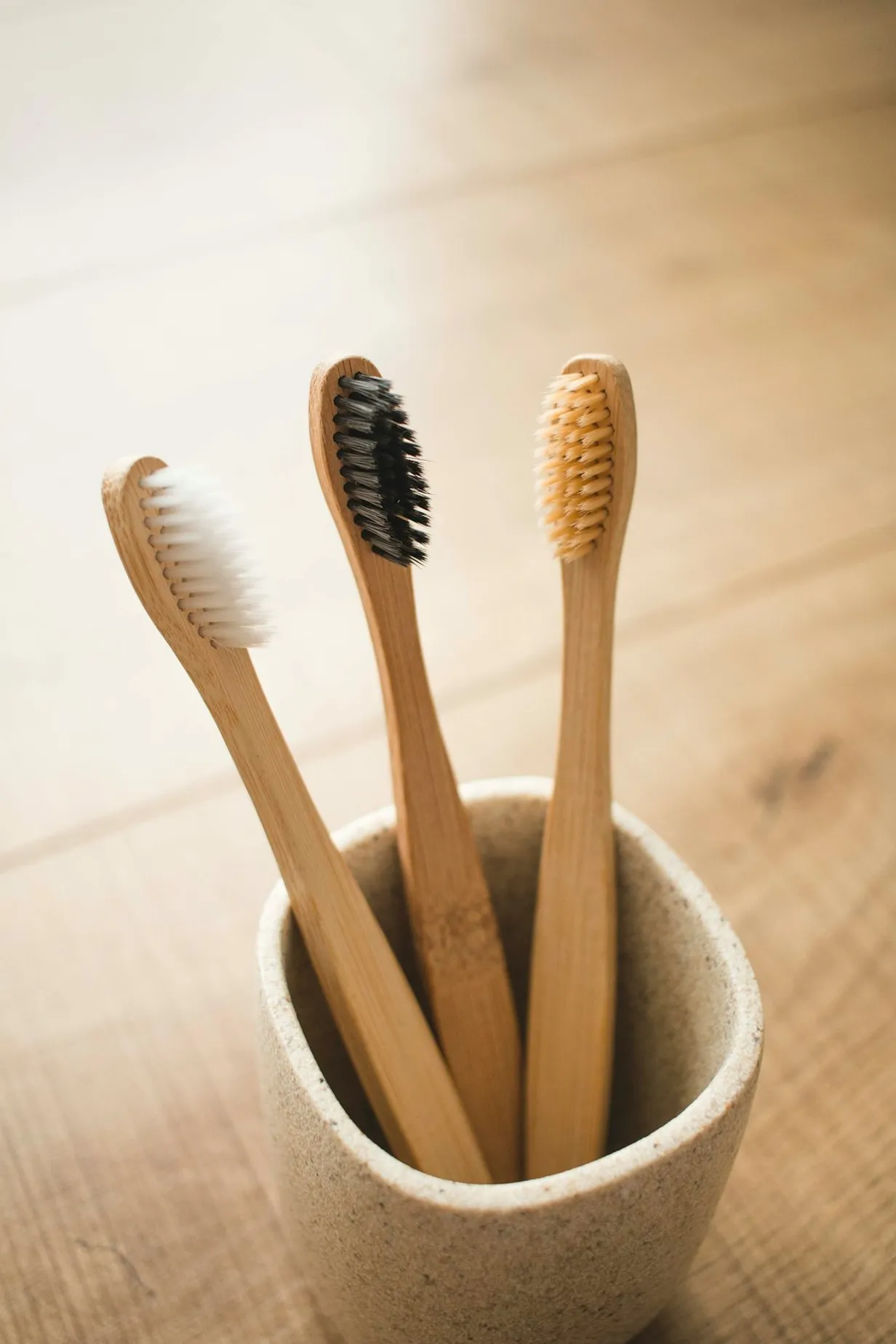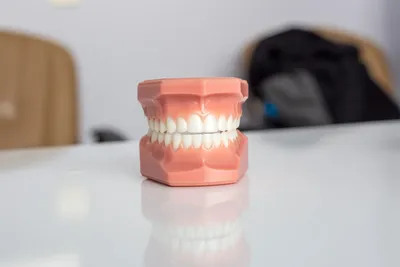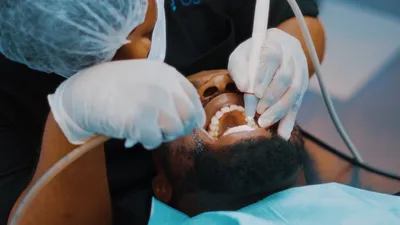
Understanding the Importance of Replacing Your Toothbrush
A toothbrush is an essential tool for maintaining oral hygiene, but its effectiveness diminishes over time. Replacing your toothbrush regularly is crucial to ensure you're effectively cleaning your teeth and gums, preventing plaque buildup, and avoiding other oral health issues.
How Often Should You Replace Your Toothbrush?
The general recommendation by dental professionals is to replace your toothbrush every three to four months. However, certain circumstances might necessitate more frequent replacement. Let's explore these circumstances in detail:
1. Signs of Wear and Tear
If you notice your toothbrush bristles are frayed, bent, or losing their effectiveness, it’s time for a new one. Worn-out bristles can’t properly clean your teeth and may cause damage to your gums.
2. After Illness
If you’ve been sick with a cold, flu, or any other illness, it’s a good practice to replace your toothbrush. Germs and bacteria can linger on the bristles and potentially cause reinfection.
3. Young Children's Toothbrushes
Children tend to chew on their toothbrush bristles, which reduces their lifespan significantly. It's important to check their toothbrushes regularly and replace them as soon as signs of wear appear.
4. Orthodontic Appliances
Individuals with braces or other orthodontic appliances may need to replace their toothbrushes more frequently. The bristles can wear out faster due to the additional cleaning around brackets and wires.
Choosing the Right Toothbrush
Using the correct type of toothbrush is just as important as replacing it regularly. Here are some tips for selecting a toothbrush:
1. Soft Bristles
Opt for a toothbrush with soft bristles. Hard bristles can damage your gums and enamel.
2. Proper Size
Choose a toothbrush head size that can fit comfortably in your mouth and reach all areas easily.
3. Electric vs. Manual
Both electric and manual toothbrushes can be effective. The choice depends on personal preference. Electric toothbrushes can be particularly beneficial for individuals with limited mobility or dexterity.
Maintaining Your Toothbrush
Caring for your toothbrush properly can prolong its effectiveness. Here are some maintenance tips:
1. Rinse After Use
Rinse your toothbrush with tap water after every use to remove any remaining toothpaste and debris.
2. Store Upright
Store your toothbrush in an upright position and allow it to air dry. Avoid keeping it in closed containers where bacteria can grow.
3. Avoid Sharing
Never share your toothbrush, as it can lead to the transmission of bacteria and infections.
Conclusion
Regularly replacing your toothbrush is a simple yet significant step in maintaining optimal oral health. By paying attention to signs of wear, following proper maintenance tips, and choosing the right toothbrush, you can ensure your daily brushing routine remains effective and beneficial.
Top Dental Health Articles
Discover our most popular dental health articles, featuring expert advice that our readers rely on.



